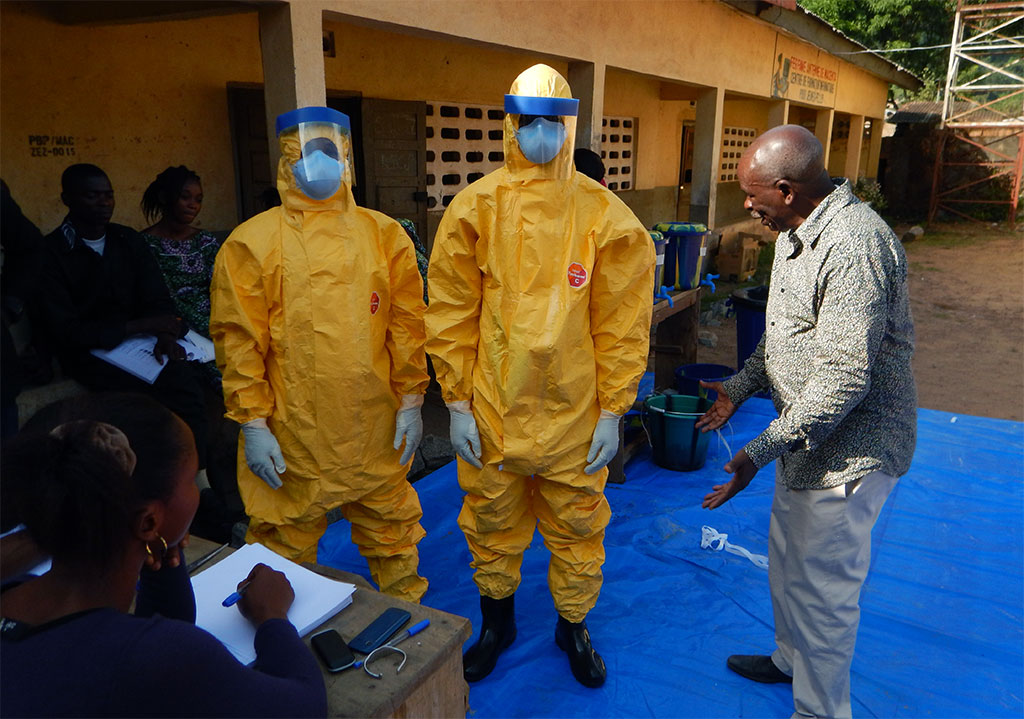When outbreaks erupt abroad, the world often looks to the United States for leadership. For decades, investments in global health—through the CDC, NIH, and USAID—have saved millions of lives, contained pandemics before they reached American shores, and built goodwill that bolstered U.S. influence worldwide. Now, that foundation is being dismantled.
This week the State Department unveiled its “America First Global Health Strategy”, a policy blueprint framed as putting U.S. interests above all else. Just days earlier, the House advanced its FY26 Labor-HHS appropriations bill, which slashes CDC funding, eliminates entire prevention programs, and all but dismantles USAID’s role in global health. Together, these moves represent a dramatic reorientation of U.S. health engagement—one that experts warn could undermine both global security and America’s own defenses against infectious disease threats.
A Strategy of Narrowed Vision
The new strategy, according to Secretary of State Marco Rubio’s introduction, aims to make America “safer, stronger, and more prosperous” by prioritizing bilateral agreements, cutting overhead, and promoting U.S. health products abroad. It emphasizes outbreak surveillance and rapid containment, but it also signals an end to what it calls a “culture of dependency” among aid recipients.
An analysis from Think Global Health points out that these reforms come in the wake of an unprecedented U.S. retreat from global health efforts: “The title signals that the United States still recognizes that global health is tied to national interests, including in countering China’s influence in the Africa region—despite a devastating seven months in which the Trump administration dismantled the U.S. Agency for International Development, cut annual spending on global health by nearly 70%, and withdrew from the World Health Organization”. While the strategy highlights successes against HIV, malaria, and tuberculosis, it is conspicuously silent on continued support for routine immunization, maternal health, or pandemic preparedness beyond surveillance and response.
Cuts That Erode Capacity
For decades, U.S. overseas investments in laboratories, surveillance networks, health workforce training, and supply chain systems have provided the first line of defense against emerging diseases. By stripping resources and dismantling USAID’s presence, the United States is undermining its ability to build capacity abroad, weakening trust with partner governments, and forfeiting influence to rivals. Those gaps abroad become vulnerabilities at home: fragile health systems fail to catch outbreaks early, cross-border threats spread unchecked, and the likelihood that dangerous pathogens reach American shores increases.
National Security and the Public’s Interest
While the administration frames this as a recalibration to better protect Americans, the reality is that diseases do not respect borders. Public health experts stress that investment in prevention and preparedness is not charity—it is national security. The U.S. economy, military readiness, and population health depend on the ability to detect and contain outbreaks where they start. From Ebola to COVID-19, history shows that weakened surveillance abroad means heightened risk at home.
Retreat from Soft Power
For years, global health assistance was a cornerstone of U.S. soft diplomacy. Programs like PEPFAR not only saved 26 million lives but also stabilized fragile states and strengthened America’s image as a trusted partner. By reshaping aid into a transactional tool of bilateral leverage, the U.S. risks forfeiting that influence to competitors, particularly China, which has expanded its footprint in Africa and Asia through health diplomacy.
Senator Jim Risch, a Republican voice supporting the strategy, praised it as a way to ensure accountability and reduce waste. But critics counter that in stripping away USAID, hollowing out CDC and NIH, and narrowing global engagement, the U.S. is dismantling the very architecture that has kept it secure and respected in an interconnected world.
The “America First” approach may claim to put U.S. citizens first, but by shrinking investment, sidelining science agencies, and retreating from multilateral leadership, it leaves Americans more exposed to pandemics, biothreats, and geopolitical rivals. For a public health and biosecurity community already stretched thin, the concern is clear: this is not just a budgetary choice, but a retreat from the global health security that underpins America’s own safety and prosperity.
Sources and Further Reading
U.S. Department of State: America First Global Health Strategy
U.S. Department of State: Statement on Newly Announced Strategy
Global Biodefense: A Shrinking Safety Net: How the House FY26 Appropriations Bill Threatens Public Health Security
Think Global Health: The New America First Global Health Strategy: Three Observations
U.S. Senate Foreign Relations Committee: Risch Statement on America First Global Health Strategy


